Our Division
The Division of Endocrinology and Metabolism
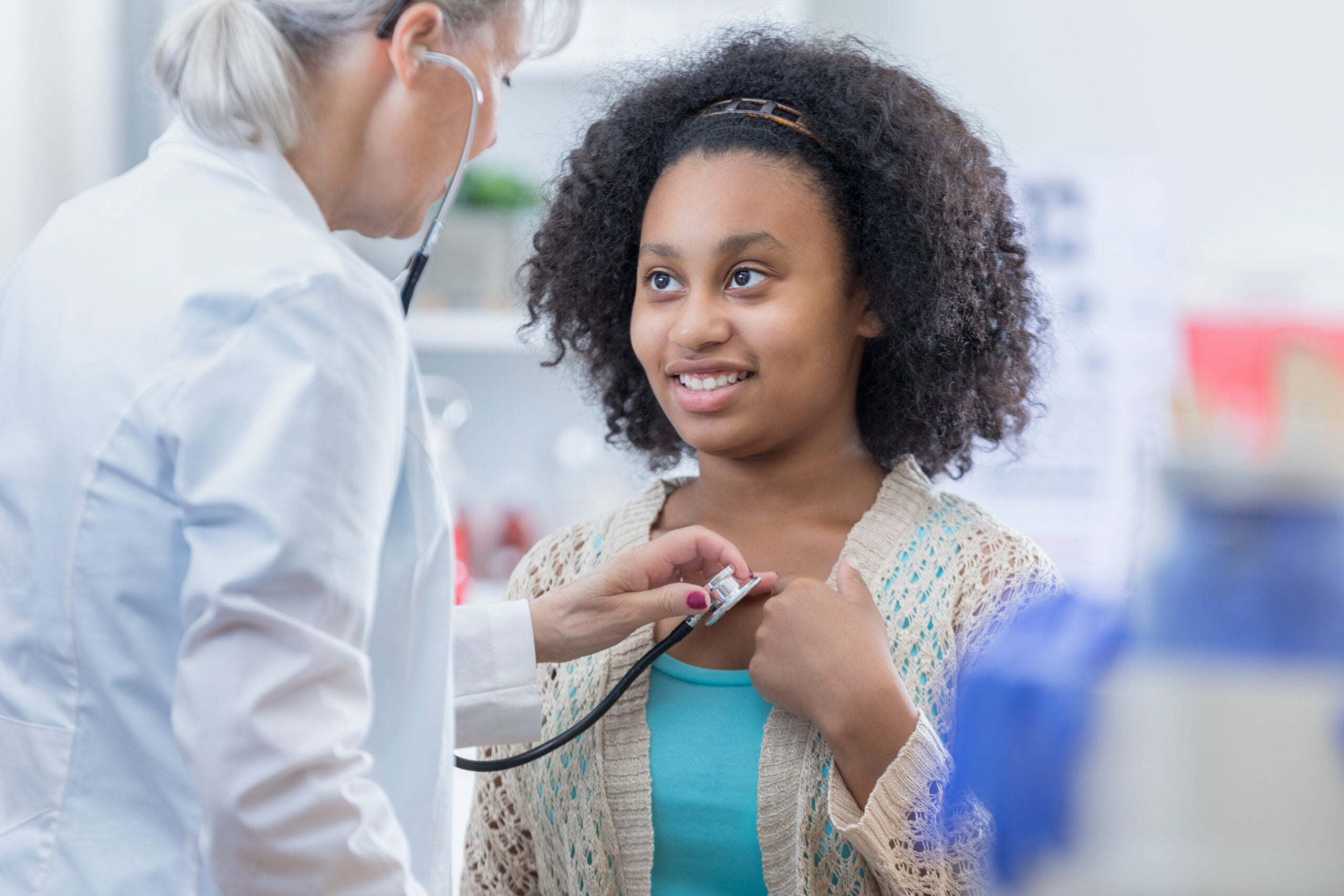 The Division of Endocrinology and Metabolism at the University of Virginia has a rich history and tradition of excellence in patient care, education, and research. It remains one of the finest endocrinology divisions in the country. The Division has 31 faculty members (9 full professors, six associate professors, ten assistant professors, and six emeritus professors) and six endocrine fellows. The Division boasts many previous and current leaders in national professional societies, including three presidents of the Endocrine Society (Margaret A. Shupnik, PhD, Robert M. Carey, MD, and Richard J. Santen, MD), one president of the American Diabetes Association (Eugene J. Barrett, MD, PhD), and one president of the Pituitary Society (Mary Lee Vance, MD). Our faculty members strive to provide the best possible care to patients with various hormonal and metabolic disorders, the best training to the next generation of physicians and scientists, and make cutting-edge scientific discoveries in clinical and basic endocrine research.
The Division of Endocrinology and Metabolism at the University of Virginia has a rich history and tradition of excellence in patient care, education, and research. It remains one of the finest endocrinology divisions in the country. The Division has 31 faculty members (9 full professors, six associate professors, ten assistant professors, and six emeritus professors) and six endocrine fellows. The Division boasts many previous and current leaders in national professional societies, including three presidents of the Endocrine Society (Margaret A. Shupnik, PhD, Robert M. Carey, MD, and Richard J. Santen, MD), one president of the American Diabetes Association (Eugene J. Barrett, MD, PhD), and one president of the Pituitary Society (Mary Lee Vance, MD). Our faculty members strive to provide the best possible care to patients with various hormonal and metabolic disorders, the best training to the next generation of physicians and scientists, and make cutting-edge scientific discoveries in clinical and basic endocrine research.
The Division houses an internationally renowned pituitary/neuroendocrinology program with patients referred here from around the world. We have a robust clinical diabetes program that provides outstanding care for patients with diabetes both in our outpatient clinics and inside the hospital. We have strong expertise in managing patients with various thyroid disorders, endocrine hypertension, adrenal diseases, metabolic bone disorders, and benign breast diseases. We expanded our clinical portfolio in 2018 and started a diabetes technology clinic, a transgender clinic, and an endocrine transplant program.
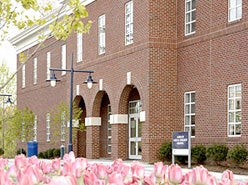
Aurbach Building in Fontaine Research Park houses the administrative offices of UVA Endocrinology & Metabolism.
UVA Division of Endocrinology & Metabolism administrative offices are located in the
Aurbach Medical Research Building, 450 Ray C. Hunt Drive, Fontaine Research Park. Map
Contact information for the Division’s administrative offices:*
Mailing address
UVA Division of Endocrinology & Metabolism
PO Box 801406
Charlottesville, VA 22908-1406
Phone 434.243.2603*
* CLINIC OR PATIENT CARE-RELATED INFORMATION
Administrative Personnel
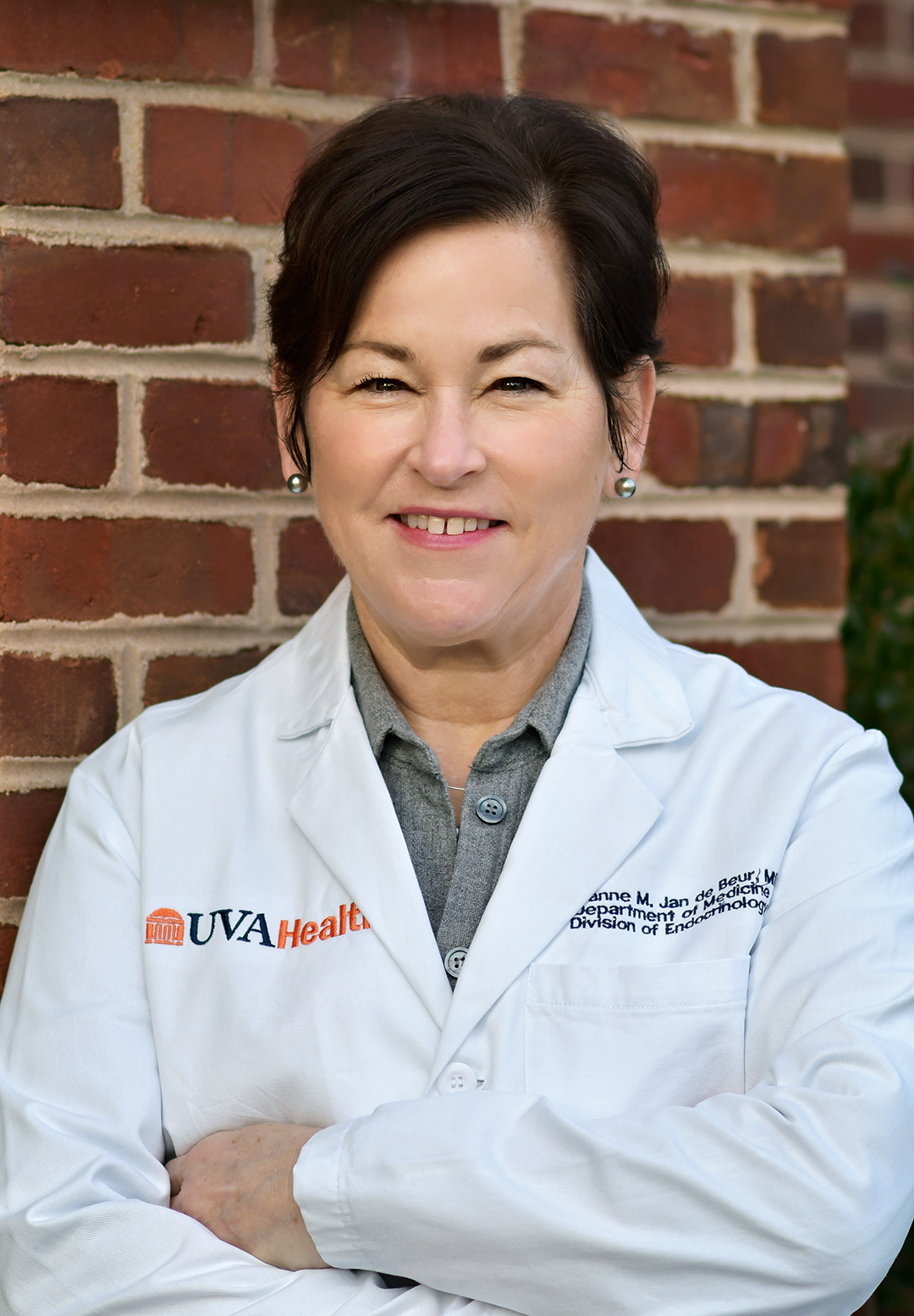 Dr. Jan de Beur graduated from Cornell University and Cornell Weill Medical College. She completed the Osler Medical Residency at the Johns Hopkins Hospital and her fellowship in Endocrinology and Metabolism at the Johns Hopkins University School of Medicine. Before joining UVA, she served in the faculty at Johns Hopkins for 25 years. She held numerous institutional leadership roles, including Director of Endocrinology and Metabolism at Johns Hopkins Bayview and Deputy Director of the Johns Hopkins Institute of Clinical and Translational Research.
Dr. Jan de Beur graduated from Cornell University and Cornell Weill Medical College. She completed the Osler Medical Residency at the Johns Hopkins Hospital and her fellowship in Endocrinology and Metabolism at the Johns Hopkins University School of Medicine. Before joining UVA, she served in the faculty at Johns Hopkins for 25 years. She held numerous institutional leadership roles, including Director of Endocrinology and Metabolism at Johns Hopkins Bayview and Deputy Director of the Johns Hopkins Institute of Clinical and Translational Research.
As a Physician-Scientist and a practicing Endocrinologist, her clinical and research work focuses on understanding rare and metabolic bone diseases at the basic level and translating these observations to the bedside. She identified and characterized the molecular basis of several disorders of mineral metabolism, including pseudohypoparathyroidism, progressive osseous heteroplasia, and tumor-induced osteomalacia. Her work has led to significant new treatments for X-linked hypophosphatemia, tumor-induced osteomalacia, and osteogenesis imperfecta.
She is an internationally recognized expert in osteoporosis and rare bone diseases and has contributed to many clinical guidelines for caring for patients with these disorders.
Dr. Jan de Beur is a member of several professional and honorific societies, including the Endocrine Society, the American Society of Bone and Mineral Research (ASBMR), and the Association of Osteobiology. She is a Past President of the American Society of Bone and Mineral Research and a Fellow of the ASBMR. Dr. Jan de Beur received the Shirley Hohl and Boy Frame Award from the American Society of Bone and Mineral Research.
-
Ruth Aldridge
Recruitment Coordinator
ROA3H@uvahealth.org
Phone: 434.982.1007
Fax: 434.243.9143
Box 801406
-
Javanov Barksdale
Fellowship Coordinator
JCB8QT@uvahealth.org
Phone: 434.243.8482
Fax: 434.243.9143
Box 801406
-
Jane Blum
Sr. Administrative Assistant/Fiscal Tech
HUB4JB@uvahealth.org
8:30-4:30 Central Time
Phone: 434.218.5713
-
Martha Burner
Senior Administrative Coordinator
MB5NQ@uvahealth.org
Phone: 434.924.5629
Fax: 434.243.9143
Box 801406
-
Heather Franklin
Administrative Generalist
HRM6Q@uvahealth.org
Phone: 434.982.3601
Fax: 434.243.9143
Box 801406
-
Christina Hamill
Division Administrator
CFM9C@uvahealth.org
Phone: 434.243.2253
Fax: 434.243.9143
Box 801406
-
Tracy Mullins
Senior Finance Generalist
EWW5FF@uvahealth.org
Phone: 540.255.1242
Fax: 434.243.9143
Box 801406
-
Amanda Powell
Grants, VISA and Faculty Affairs Coordinator
AHP9Q@uvahealth.org
Phone: 434.243.6361
Fax: 434.243.9143
Box 801406
-
Jessica Profitt
Operations Manager
JTP4P@uvahealth.org
Phone: 434.409.2879
Fax: 434.243.9143
Box 801406
-
Danielle Richardson
Senior Grants & Contracts Administrator
DR7M@uvahealth.org
Phone: 434.882.1546
Fax: 434.243.9143
Box 801406
UVA Division of Endocrinology and Metabolism is consistently rated as one of the finest in the country by U.S. News & World Report and other ranking organizations with world-class physicians and scientists, a nationally respected fellowship training program, and internationally recognized clinical expertise.
Your gift will help support the division’s vital research, educational, and clinical missions.

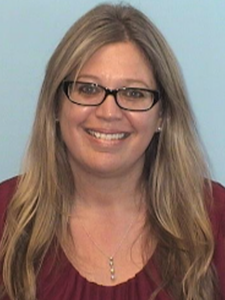
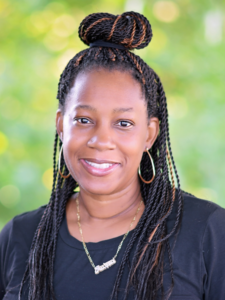
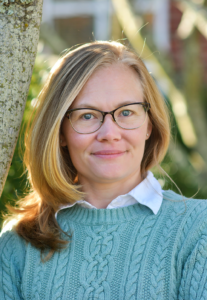
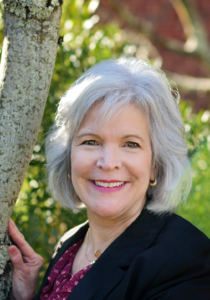
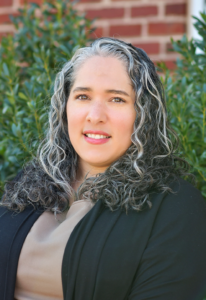
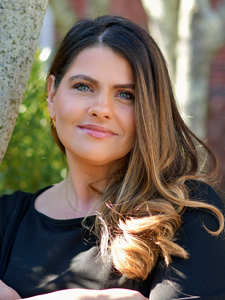
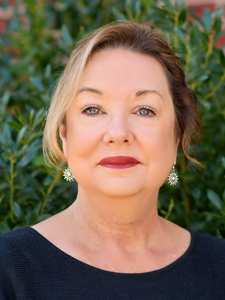



 UVA Health System strives to continually expand in all its missions: patient care, education, and research. To support this, it is actively engaged in improving its physical facilities, recruiting and retaining excellent faculty and staff, expanding its clinical programs, strengthening recognized centers of excellence, and streamlining processes for healthcare delivery.
UVA Health System strives to continually expand in all its missions: patient care, education, and research. To support this, it is actively engaged in improving its physical facilities, recruiting and retaining excellent faculty and staff, expanding its clinical programs, strengthening recognized centers of excellence, and streamlining processes for healthcare delivery. The Charlottesville-Albemarle region boasts an outstanding array of accomplishments and attractions. Each year, thousands of tourists view the Grounds of the University of Virginia, the homes of Thomas Jefferson, James Madison, and James Monroe, and the wineries of Albemarle County. The Blue Ridge Mountains and Shenandoah Valley offer plentiful recreational opportunities, adding to the high quality of life provided by the area’s historical character and natural beauty. A vibrant University and student landscape supply cultural and social outlets for any interest.
The Charlottesville-Albemarle region boasts an outstanding array of accomplishments and attractions. Each year, thousands of tourists view the Grounds of the University of Virginia, the homes of Thomas Jefferson, James Madison, and James Monroe, and the wineries of Albemarle County. The Blue Ridge Mountains and Shenandoah Valley offer plentiful recreational opportunities, adding to the high quality of life provided by the area’s historical character and natural beauty. A vibrant University and student landscape supply cultural and social outlets for any interest.